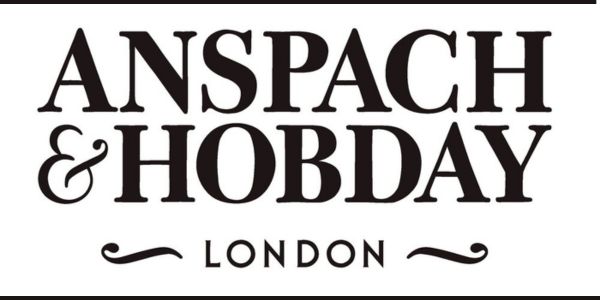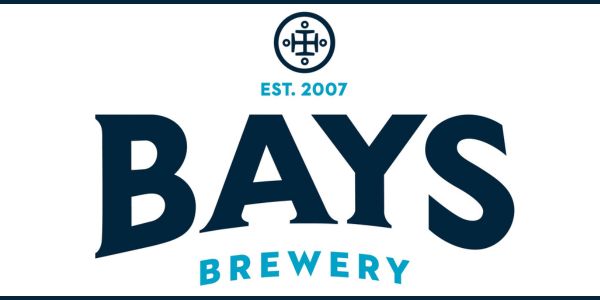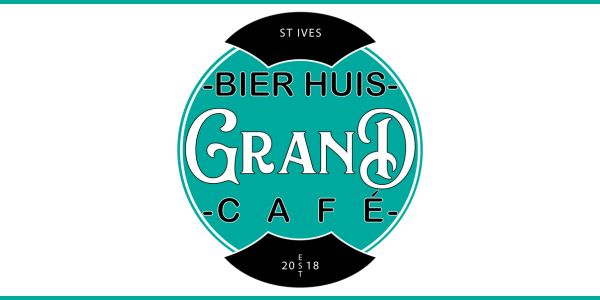By Felix Faulkner, licensing solicitor at Poppleston Allen
Fireworks Night is coming up and although it’s a good opportunity for publicans to boost takings, they need to be aware of risks and regulations.

Felix Faulkner
Everyone loves Bonfire Night, and it’s always great to see so many communities come together to celebrate and enjoy both little and large displays. But, as we’re all aware, fireworks are made using the same substance Guy Fawkes made famous. So it is vital organisers are aware of the rules and regulations and have enough time to put these into practice to minimise risk. Here’s my guide for organisers.
Who’s responsible for the display and spectators’ safety?
If you’re organising a small local fireworks display, such as one at a sports club, school, or village green, the event organiser will normally have responsibility. If the fireworks display is provided by a professional fireworks display operator, then they will have shared responsibility for the fireworks, alongside the organiser.
Are there any particular licences or insurances needed to purchase and let off fireworks?
Unless you are using a professional fireworks display operator, you are restricted to using category 1, 2, and 3 fireworks. Check the instructions before purchasing the fireworks. Category 1 are indoor fireworks, category 2 are garden fireworks (for example, selection box fireworks from supermarkets), category 3 are display fireworks (the largest fireworks on retail sale), and category 4 are not available to the general public.
Be aware that each different category requires a different spectator safety distance, and it is of paramount importance that event organisers set adequate barriers to make sure the public are kept safe.
Most employers are required by law to ensure against liability for injury or disease to their employees if the fireworks display is a work function. For other types of events, public liability insurance, while not necessarily a strict requirement, is strongly advised.
Are there particular considerations for holding a display at a premises with alcohol on sale/where guests can bring their own?
If you are selling alcohol by retail or providing recorded or live music, then you will need an authorisation under the Licensing Act 2003. This will either be under a Temporary Event Notice or, if the location for the fireworks is regularly used for events, it may have the benefit of a permanent premises licence which you may be able to use.
If you do need a Temporary Events Notice, the event cannot have more than 499 people in attendance at any one time, including staff and performers. If using a premises licence, you will need to check very carefully the conditions on the premises licence to ensure you can comply, and have the full permission of the licence holder. If guests are bringing their own alcohol then there is no need for a premises licence.
Ensure the bar is well away from the display site, that under-18s are not permitted to purchase alcohol, and remember that the excessive consumption of alcohol and the use of fireworks can be a dangerous combination.
Do I need to have a certain amount of space to safely hold a display?
You have to consider whether the site is suitable and large enough for the display, including any bonfire you might be planning. Check that there is space for the fireworks to land well away from spectators, and also for any overhead power lines or other obstructions. Check the prevailing wind and decide what you would do if the wind direction changed.
Is there a limit on how many people I can have at the display?
No, apart from the safe capacity of the location and the added responsibilities you will have if you have large numbers of people. Larger displays will require a greater degree of planning, stewards/marshals, and involvement of the local authority, fire officer, and the emergency services. If the event is licensed through a Temporary Events Notice, then remember that a 499 capacity limit applies to the licensed area. The fireworks can take place outside of the licensed area, for instance in a neighbouring field, but the licensed area is the space where licensable activities can take place, and this is where the capacity limit applies.
Do I need to tell my neighbours I am planning on holding a bonfire/fireworks display?
Although not a legal requirement, this is an absolute must. It will help reduce the likelihood of complaints, and allow people to make arrangements for their pets. Good neighbour relations are crucial to the successful operation of a premises. Equally, many councils havesafety advisory groups who are often happy to advise. Contact your local council for more information.
• For more information, or to speak to a solicitor, visit popall.co.uk.











